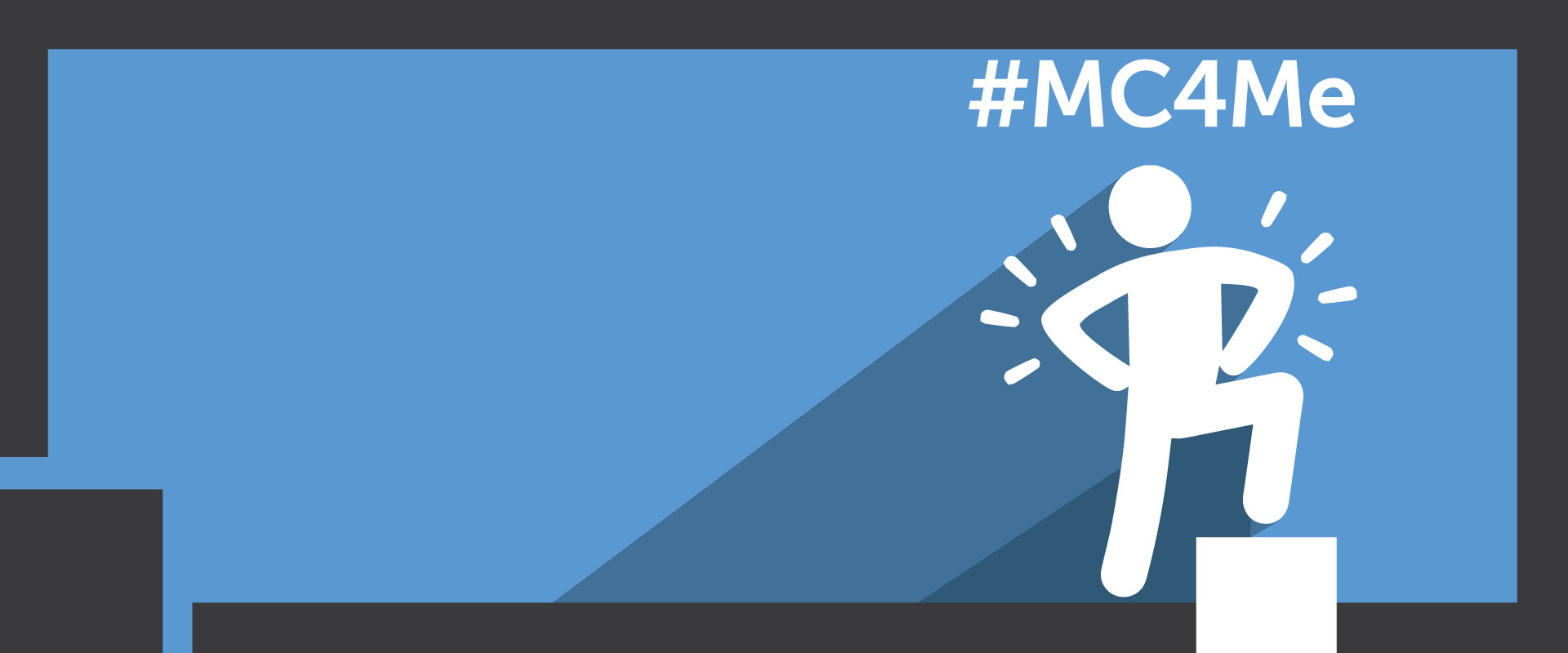
Micro-credentials are competency-based. To earn a micro-credential, educators select a specific skill they want to demonstrate, collect evidence of that skill, and submit it for assessment by experts. If their evidence shows competence, they earn the micro-credential in the form of a digital badge. Educators can share their earned micro-credentials with colleagues, administrators, and parents.
Digital Promise interviewed educators across the country to understand the impact micro-credentials have had on their practice, classrooms, and students. Through these interviews, many themes emerged. Educators find that micro-credentials empower them to drive their professional learning, strengthen their classroom practice, and provide room for reflection. Perhaps most importantly, educators find that micro-credentials improve student learning and engagement.
Below, hear directly from these educators about what micro-credentials mean to them.
Compared to the “one size fits most” approach of traditional professional development, micro-credentials empower educators to drive their own learning. Educators can select and demonstrate skills and competencies they already have, or identify new skills to meet the needs of their students or their own personal goals. As a result of this personalized professional learning, educators experience professional growth and increased satisfaction. Often, educators who complete micro-credentials become advocates for competency-based professional learning in their schools and districts.
Marc Walls, a secondary science teacher in Clarksville, TN, explains:
Through micro-credentials, educators can identify and use specific methods and approaches that lead to real classroom change. Because micro-credentials are competency-based, educators have the opportunity to apply the skills they learn in their practice—moving their learning from theoretical to immediately applicable. And, they find that the practices they tried through the micro-credentials stick with them.
Educators also receive valuable feedback from expert assessors on the evidence they submit to earn micro-credentials, providing clear avenues for improvement and growth. Educators find that micro-credentials encourage them to continue to attempt new approaches.
Brian Koster, an Algebra teacher at Florida Virtual School, told us about his experience with the Growth Mindset micro-credential:
To earn a micro-credential, educators must often include reflections on the impact of the skill they are demonstrating or the evidence they are submitting. Typically, educators rarely have the time and space to examine the impact of their classroom practices, or consider how a shift in approach affects student learning or their own self-efficacy. Micro-credentials provide a structured way for educators to build reflection into their professional learning process.
In districts where educators worked on micro-credentials together, colleagues embraced reflection and incorporated it into other parts of their practice. Similarly, they found more opportunities to use competency-based learning in their classrooms after the process was modeled for them through micro-credentials. Educators say they continue to incorporate reflection into their daily practice long after they completed their micro-credentials.
Jill Snell, a Resource Teacher in the Office of Organizational Development from Baltimore County Public Schools, sees micro-credentials as a model for lifelong learning:
When educators share their micro-credential experiences with their students, the students see the educators as lifelong learners. Educators found that their willingness to be vulnerable and openly struggle increased student engagement in the process and helped students understand that educators are open to improvement and growth, too. Similarly, educators found that the new approaches they tried through the micro-credentials had an impact on student learning and engagement in real and palpable ways.
Marc Walls, a secondary science teacher in Clarksville, TN, shares the change he sees in himself and in his students:
Educators have a lot to say about micro-credentials. They find that micro-credentials help them personalize their learning and empower them to push their skills even farther. They believe micro-credentials can strengthen their classroom practice and create pathways for growth and improvement. Similarly, micro-credentials provide opportunities for reflection that educators rarely get. And finally, educators see the impact of micro-credentials on student engagement and learning.
If you’re ready to bring competency-based professional learning to your classroom, school, or district, you can learn more about micro-credentials by visiting the Digital Promise Micro-credential Platform.
Join our micro-credential community on Twitter with the hashtag #MC4Me.
This report was made possible with support from the Carnegie Corporation of New York.